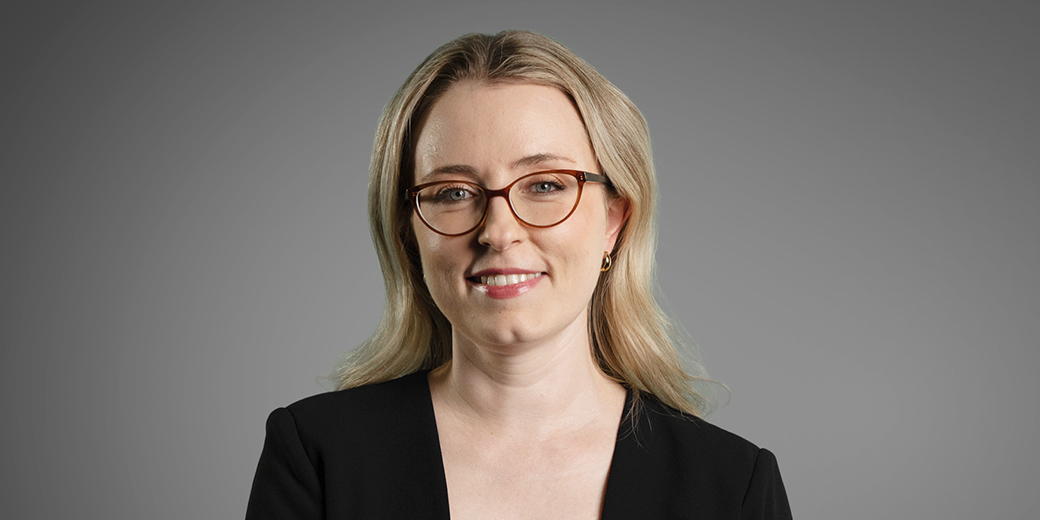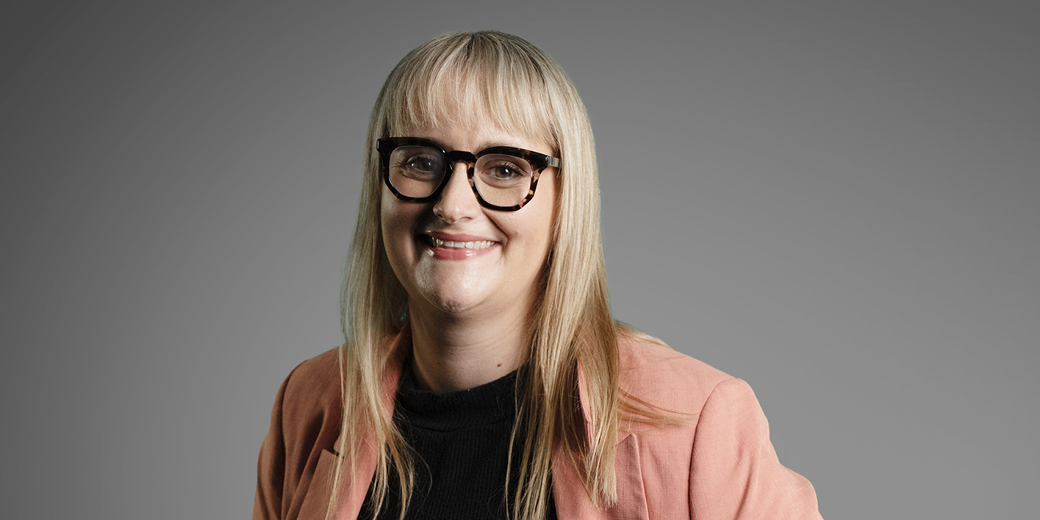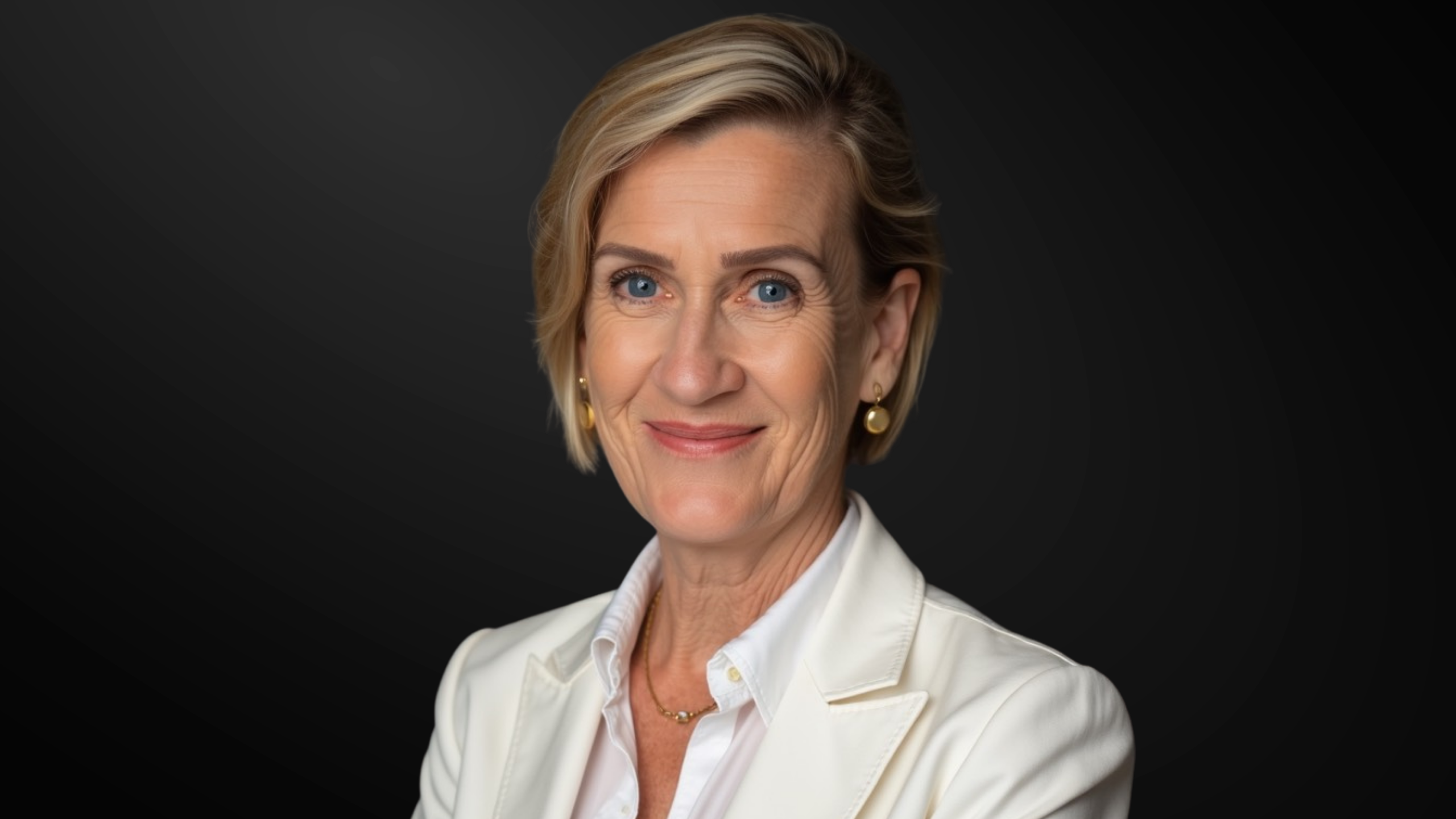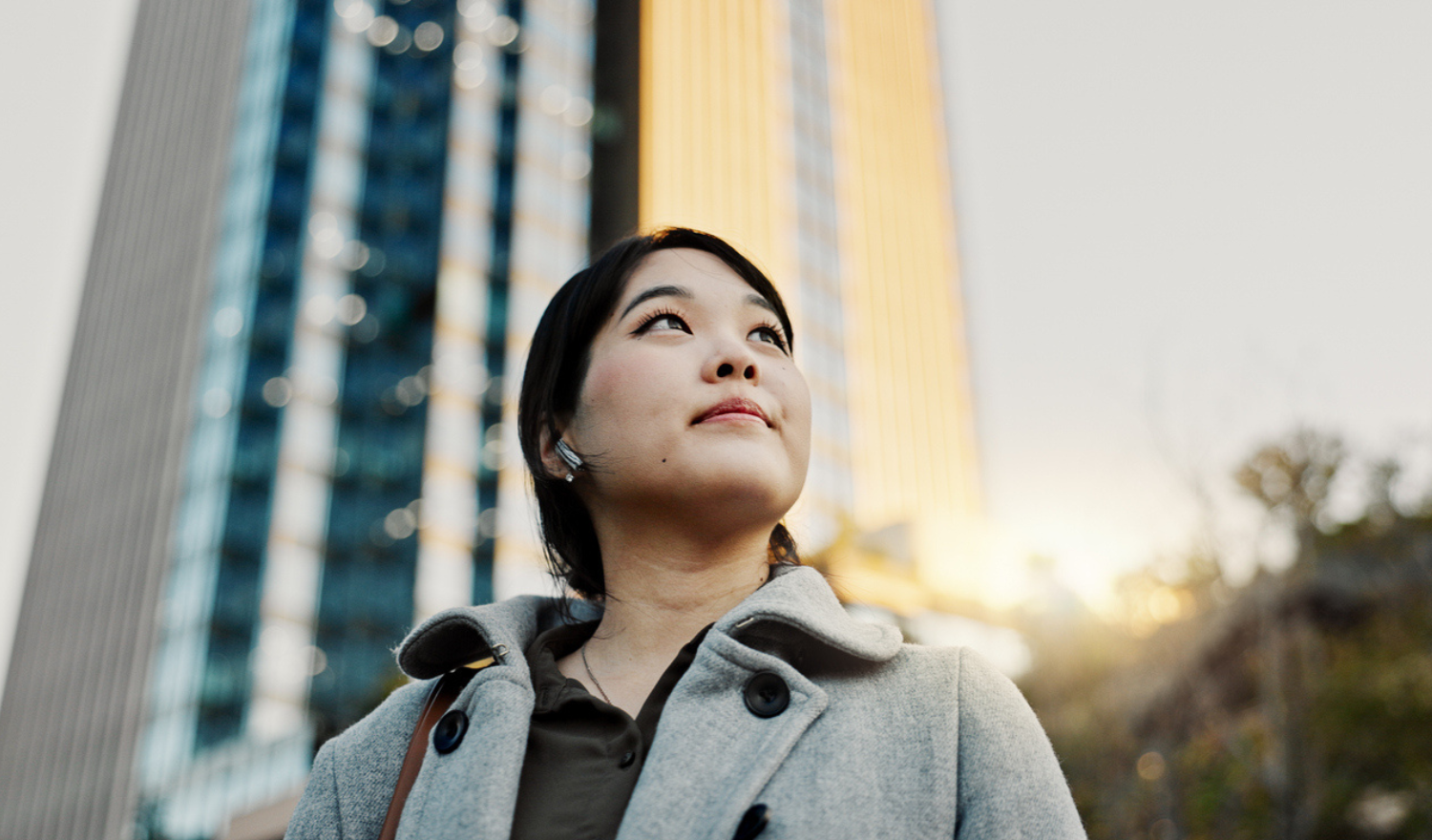David Peaston has done it all: co-owned a Perisher Valley ski lodge, expanded the family electrical manufacturing business which was then sold to a public company, serving as COO to the purchasing company. In 2008, he returned to the law, and in 2016, established his own practice focussing on wills and estates, property and commercial law.
We spoke to David about how his illustrious career led to a passion for wills and estates, and undertaking an LLM (Applied Law) majoring in Wills and Estates with the College of Law. David has recently been named the major’s best graduating student.
Hard work, good teachers and patient spouses
David credits his success to perseverance, endurance, and a very patient wife.
“You do need to put in the hard work, and my wife is quite long-suffering,” said David. “She was patient and understanding as I spent many nights and weekends on assignments or studying.”
Indeed, David’s wife went so far as to read several lengthy cases aloud during their road trips together, so he wouldn’t fall behind in his readings.
He also found the LLM syllabus, subject matter and cases interesting, which made the task of engaging with study after a long day at work much easier.
“The excellence of the College of Law’s lecturers made learning far more approachable and enjoyable,” David said.
Old law that endures today
The enduring nature of wills and estates appeals to David.
“I really like the fact that in many cases, ‘old law’ remains relevant,” said David. “Cases like Banks v Goodfellow (1870) LR 5 QB 549 are still valid and quoted 150 years later!”
He also enjoys practising at the intersection of several different areas.
“Wills, estates and property law are closely intertwined, which I personally like,” said David.
Flexibility of study was what made all the difference for David, as a student and as a lawyer.
“The flexibility of the online curriculum facilitates study in between other time commitments, both work and social,” said David.
A professional, personal approach to client care
Wills and estates are, by nature, a highly personal area of law. David aims to reflect this in his approach to his clients.
“I try to approach my clients in a competent and professional, but personal way,” said David. “In that way, I try to project an impression of lawyers as positive and helpful. I hope that helps to cast the profession in a positive light.”
In addition to his regular practice, David also volunteers as an honorary solicitor for a surf lifesaving club.
“Many of my clients are aware that I have been studying for a Masters degree in Wills and Estates,” said David. “Most clients come to me by referral so it is good to be able to point to my academic achievements as evidence of my competence in my chosen subjects. That gives clients confidence which makes my job easier. I have also made some excellent connections with other practitioners during my studies. I have developed a small but really helpful professional network.”
Interested in the LLM (Applied Law)? From 2021, students will be able to study ASEAN+6 subjects, including cross-border M&A and negotiating and drafting cross-border contracts.
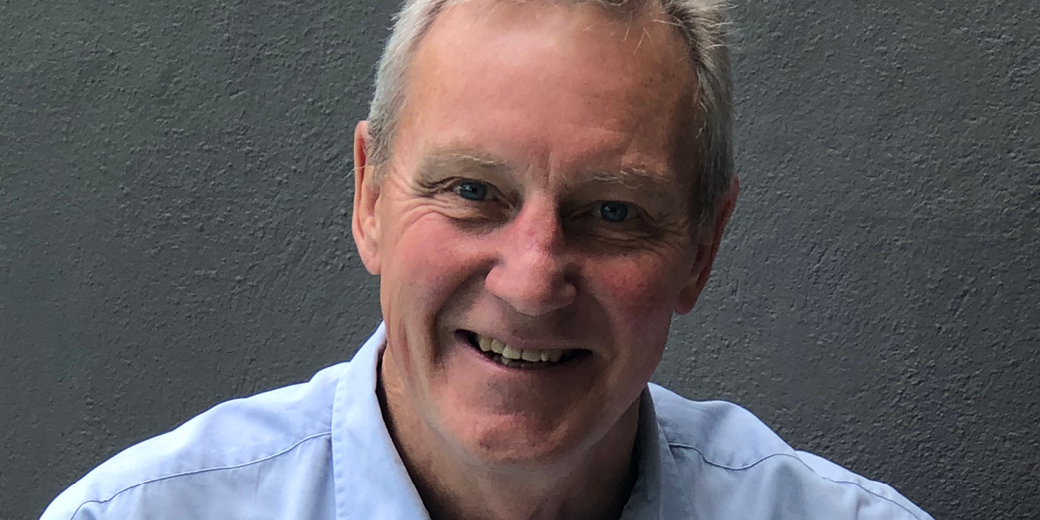





























![How to handle Direct Speech after Gan v Xie [2023] NSWCA 163](https://images4.cmp.optimizely.com/assets/Lawyer+Up+direct+speech+in+drafting+NSW+legislation+OCT232.jpg/Zz1hNDU4YzQyMjQzNzkxMWVmYjFlNGY2ODk3ZWMxNzE0Mw==)




















